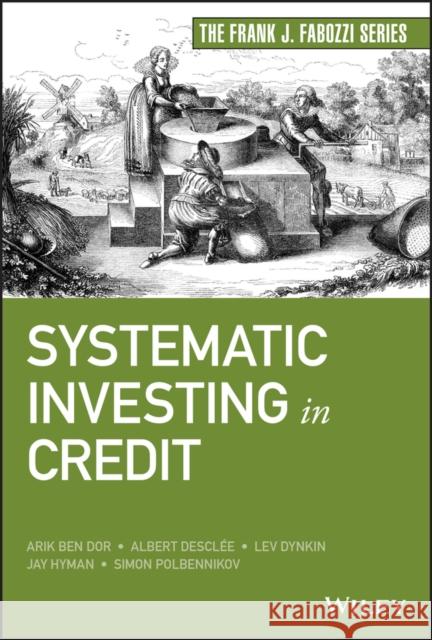Systematic Investing in Credit » książka
topmenu
Systematic Investing in Credit
ISBN-13: 9781119751281 / Angielski / Twarda / 2020 / 736 str.
Kategorie:
Kategorie BISAC:
Wydawca:
Wiley
Seria wydawnicza:
Język:
Angielski
ISBN-13:
9781119751281
Rok wydania:
2020
Numer serii:
000244446
Ilość stron:
736
Waga:
1.26 kg
Wymiary:
23.11 x 15.75 x 4.32
Oprawa:
Twarda
Wolumenów:
01











